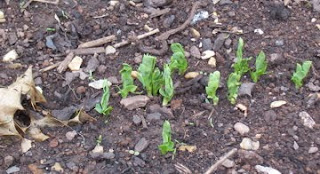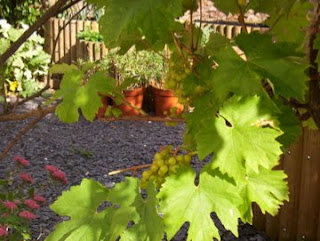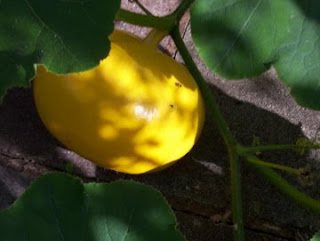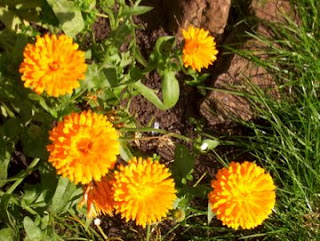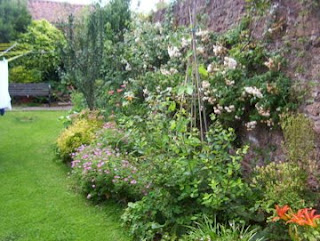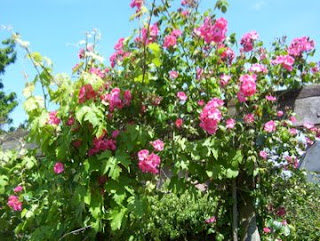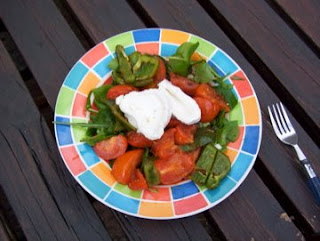How much exactly does your work cost you and how much do you need to earn to live?
If some people in the world subsist on less than a dollar a day, why do we need more? It is of course not that simple and everyone will have a different answer. Balance arrives when we reconsider
Maslow's hierarchy of needs and where we are in the process of reaching our own individual potential ( self actualisation).
Thank you Ceridwen for your comment yesterday.
Personally - I have had enjoyable work on the one hand and I have had paid work on the other hand - but the two have never coincided and I have given up hope by now that they ever will.
......
Employers are steadily imposing: health hazards at work (on people who never previously expected it)/antisocial hours working/micro-managing peoples time/cutting salaries in real terms or maybe even physically cutting them - and so a high proportion of extra people have been put in the position that the World of Work has now become unbearable. The "cost" many of us are having to pay to earn that steadily decreasing amount of money is becoming higher and higher - and too high for many of us to "pay" any longer.
So - since you have found "your place" then - enjoy.
The question I ponder over is where exactly are we on Maslow's triangle as a result of the financial crisis? What are the consequences to businesses and people?
The credit crunch effect has been like being hit by an enormous thunderstorm. Its effects are not just felt in business, on balance sheets but have an aftershock effect on each person on the edge of the epicentre and it questions our perception of normality.
So just as your sight can be distorted and vision impaired by sheets of rain, hail and thunder, and the feelings associated with that, there are also opportunities to rise from the ashes.
There is no such thing as bad weather, just bad clothing. ( danish proverb)
So far many companies still in the running have done all they could to minimise the effects on staff by cutting bonuses, outings, luxuries yet at the same time ensuring that all the rules and regulations they have to abide by by law are satisfied as a lawsuit would push them over the edge. This increases tension.(So if you are still in the storm, it is gathering dark clouds and more rain is forecast.)
Add to that that assets have reduced on everyones balance sheets, and you can see that the pressure is on for survival of the fittest with opportunities for others. Business costs are still rising and profit margins are still being squeezed and people are feeling that intensely.
Companies are reacting by monitoring and trying to push people and resources as far as they can. If profit is your number one, then you have to squeeze and it hurts somewhere. Other companies have so far managed to restrict cuts to their direct costs as well as assets and not their staff but the next step is to tighten up on costs in the staff department. Problem with that is that people do not feel valued, end up demotivated, stressed, get ill, and feel a mix of emotions that tip into the negative. (Thunder and lightning comes to mind as well as crashing rain. Whatever the weather you are likely to get soaked.)
People on short term contracts do not get their contracts renewed or staff are put on shorter days and if you have targets they are likely to be unforgiving.The result is that people are asked to work harder for less reward and tensions rise.
So what can you do if you are feeling undervalued, working as hard as you can but are facing a tough time. You probably wonder how you will manage if your job is cut from 5 to 3 days,or worse case scenario if you lose your job.In that case it is hard not to take if personal and to panic. From personal experience I would say that panicking is a normal response. (Umbrellas are now useless and you are truly soaked.)
If you are still standing in the rain I urge you to stay on because this is where you are going to need to focus in the madness because you either will find shelter or get soaked to the skin.
There is a balance between time and money and although voluntary simplicity allows us to gradually adapt to more time, less money the above scenario is probably going to floor some people because as where a downshifting path is a gradual process of adaptation the credit crunch is drastic and brutal and more painful.
First of all, it is extremely uncomfortable but if you can,check where you are, what your priorities are and start finding a solution that works for you. My experience with ME/CFS is simply that frustration is energy draining and the planning of slow, persistent actions creates a very slow path to progress.
Being an optimist,it is my personal opinion that there is no such thing as personal failure, just feedback even in a critical situation.
The overall difficulty is compounded because when consumers start reducing their spending, it increases the effects on businesses as lack of consuming reduces orders etc etc etc see above.
Is there a way forward you ask? How long before the situation turns around and sunshine appears?
The point to remember is that there are certain elements in this picture that you can build on and others that are beyond your sphere of influence. Believe me when I say it is hard to see sunshine during a thunderstorm.
“Just as the tumultuous chaos of a thunderstorm brings a nurturing rain that allows life to flourish, so too in human affairs times of advancement are preceded by times of disorder. Success comes to those who can weather the storm.”
-- I Ching No. 3
As ships wrestle in stormy weather the sight of a lighthouse makes you long for home. You could be battling crippling waves to reach that light, but surprisingly the light is incredibly bright. Find your lighthouse and point north.
What sets humans apart from animals is the ability to work together to find a solution and really all hands on deck are needed now.
